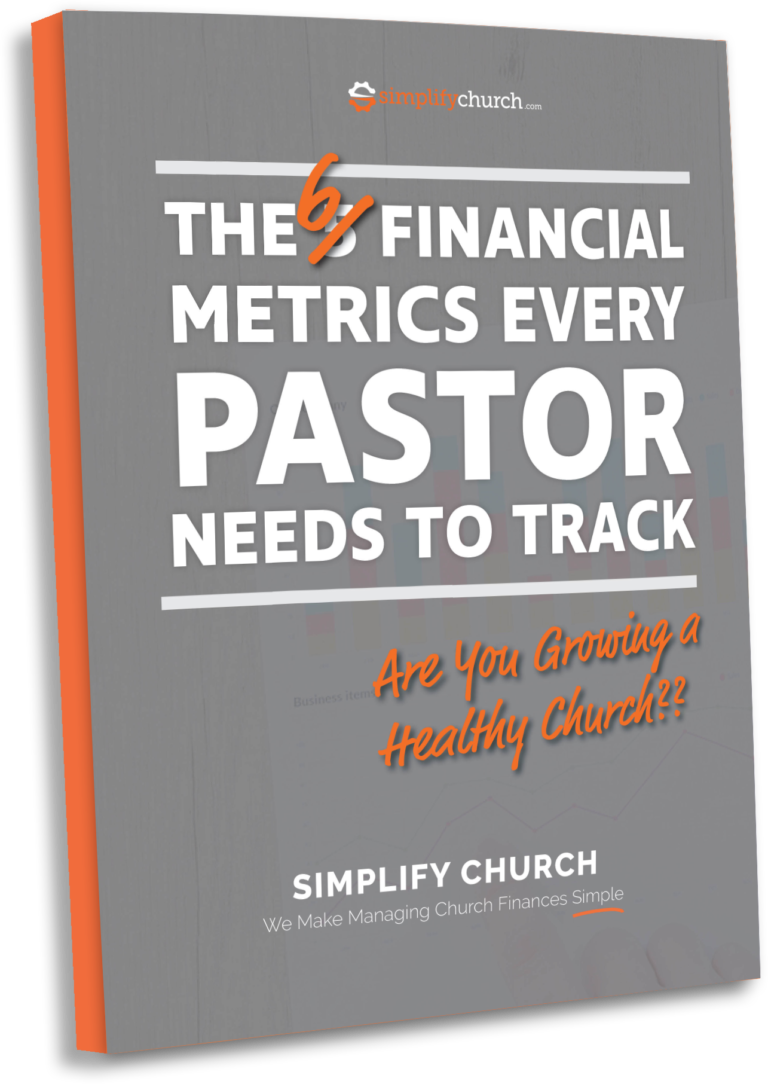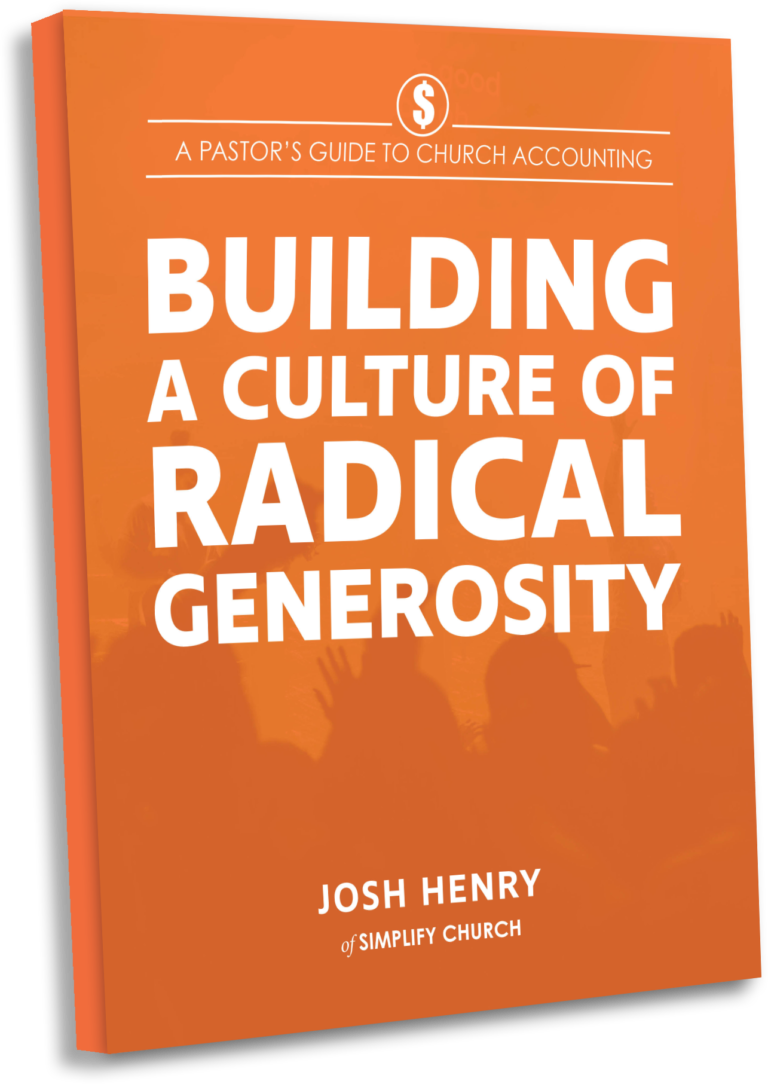Are Dual Signatures Required for my Church?
This is a question we run into quite often.
If not as a question, we have churches all the time telling us that they have dual signatures required on their checks.
While I understand that dual signatures may provide the appearance of security, I’d contend that it does very little to protect your church’s money.
I’ve been around several organizations myself and even served as treasurer of a few. In those, we required dual signatures on the checks and at the surface, it seemed fine. The problem was, dual signatures often caused more issues than they solved.
Now, I’m not trying to do away or say that you don’t need to have dual signatures on your checks. I’m not even saying that it’s a completely bad idea. However I could contend that with modern digital banking, online bill-pay and e-commerce, the days of requiring dual signatures are dwindling.
For most churches, dual signatures are setup only because that’s the way its presumably always been done. Nothing requires dual signatures inherently just because it’s a church. That is usually a requirement that gets put in the church’s Bi-Laws and that is usually only because “everyone else does it”.
Requiring dual signatures on checks can be a hinderance to your ministry.
Dual Signatures Can Be Problematic. Here’s Why:
1. I have never seen a dual signor say no
Usually, I see dual signatures as more of a formality to give the appearance of security. In most cases, when a check requires dual signatures, the second signor barely gives a look even to the amount of the check they are signing.
2. Banks often overlook signatures
Most banks are going through checks so quickly that catching a check that doesn’t have dual signatures is often missed. I’ve seen several checks clear the bank even when dual signatures were required.
3. Dual Signatures creates unnecessary bottlenecks
Often, when dual signatures are required, waiting for the second person to sign can slow things down for no reason.
Again, my intent



